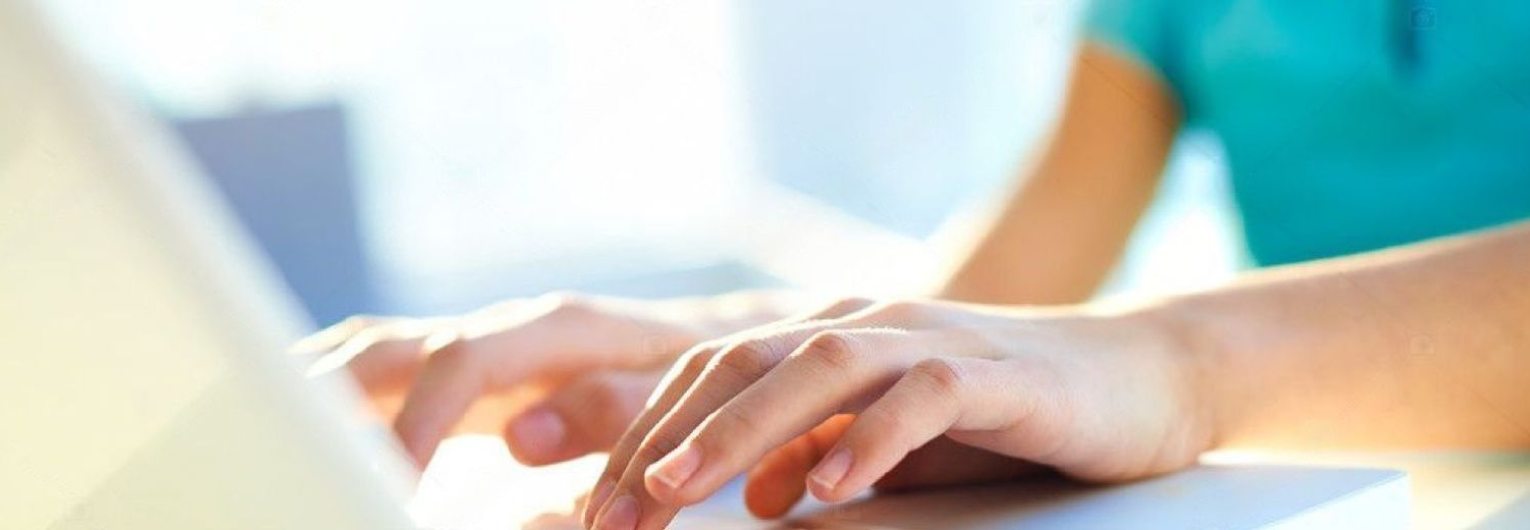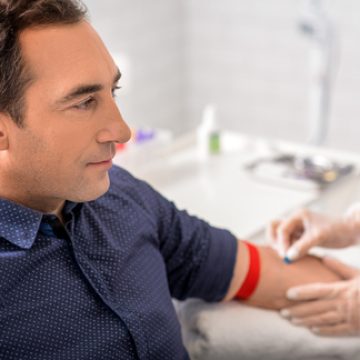
Prepare For a Test
Covid-19
- No special preparation.

Blood and Other Specimen Collection
For the information pertaining to fasting requirements and other preparation, please refer to Patient Preparation Instructions and Test Requirement Manual, or call our Client Services Department at: (416) 449-2166 and press 1 .

ECG/Holter Monitor
The ECG is widely used in patients with suspected or known heart disease. It can be used to measure any damage to the heart, how fast your heart is beating and whether it is beating normally and effects of drugs or devices used to control the heart (such as a pacemaker).
- Avoid exercising and/or drinking cold water immediately before an ECG as it may cause false results.
The Holter Monitor (also known as ambulatory electrocardiography device) is a device worn at home and at work which is used for continuous monitoring of heart rate and rhythm for 24, 48, or 72 hours. The Holter Monitor test allows your daily heart rhythm to be analyzed. A diary of routines is also kept to correlate activity to heart rhythm and rate and is widely used in patients with suspected or known heart disease. The extended recording period is used to identify occasional rhythm disturbances that would be difficult to identify in a shorter period of time as they come and go at various times throughout the day or night. The digital Holter is often used to find correlation between any abnormal rhythm and the patient’s symptoms, such as dizziness, palpitations, and shortness of breath or chest pain.
- There is no special preparation for the test. Make sure you shower or bathe before the electrodes are applied to your chest, since you won’t be able to do these activities while the test is in progress.
- Tell your doctor if you are allergic to any adhesives.
- Please wear loose-fitting clothes. Buttons down the front of a shirt or blouse is preferable. This makes it convenient to apply the ECG electrodes, and also comfortably carry the monitor in a relatively discreet manner. No synthetic materials should be worn.
- Some patients may be asked to have their chest shaved so the electrodes can stick.
Diagnostic Imaging Tests
Abdominal Ultrasound
- AM exam: Avoid fatty dinner. Nothing to eat or drink from midnight the night before (8 hours fasting). Small quantities of clear fluids are permitted. Any medication should be taken as required.
- PM exam: For breakfast you may drink, black tea or coffee (NO MILK OR SUGAR) up to 9 am. Fasting the rest of the day.
Pelvic or Obstetrical Ultrasound
- Finish drinking 4 cups or 1 L (2bottles) of water one hour prior to the exam. DO NOT EMPTY BLADDER.
Note: If you are booking a “transvaginal” examination, please let us know when booking appointment.
Abdominal & Pelvic Combined/ Urinary Tract Ultrasound
- Avoid fatty dinner. Nothing to eat for 8 hours before the exam. Small quantities of clear fluid are permitted.
- Finish drinking 4 cups or 1 L (2bottles) of water one hour prior to the exam. DO NOT EMPTY BLADDER.
Ultrasound of Scrotum, Thyroid, Breast & Musculoskeletal
- No special preparation.
Bone Mineral Density
- Calcium, Vitamin D and Multi Vitamins must be stopped 48 hours prior to appointment. No Barium or IV Contrast studies with in 10 days.
Breast Ultrasound
- No special preparation.
